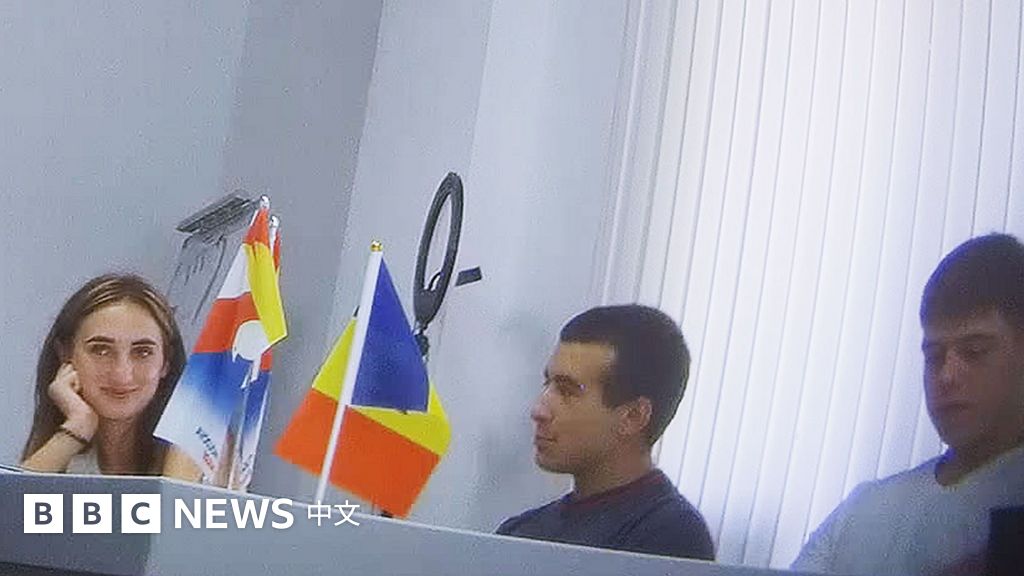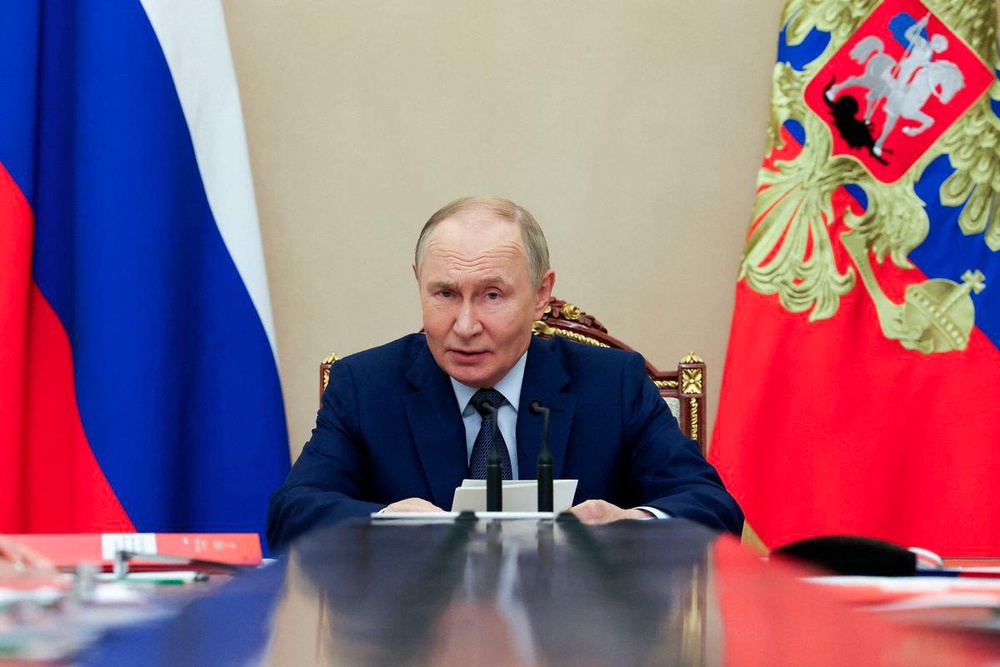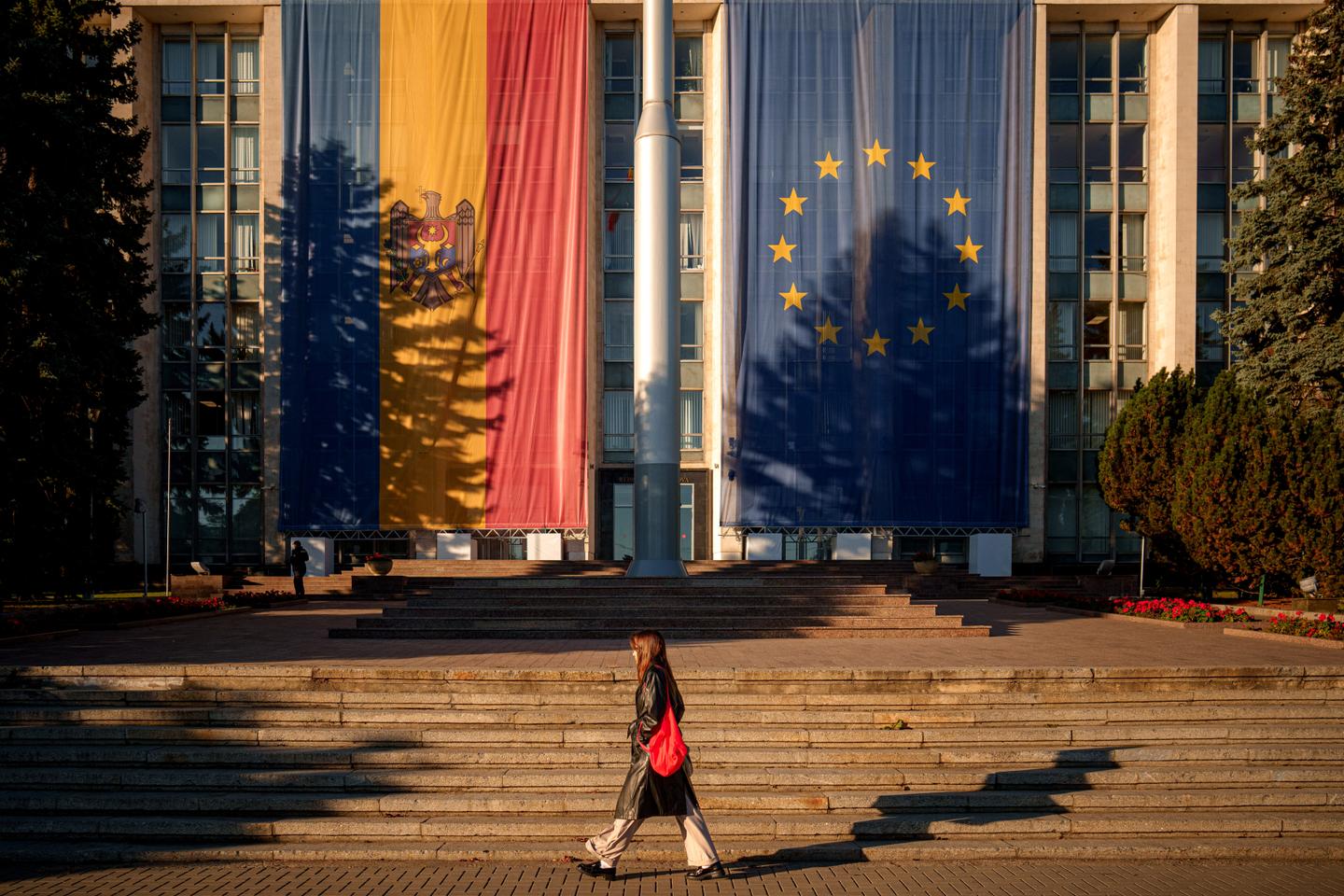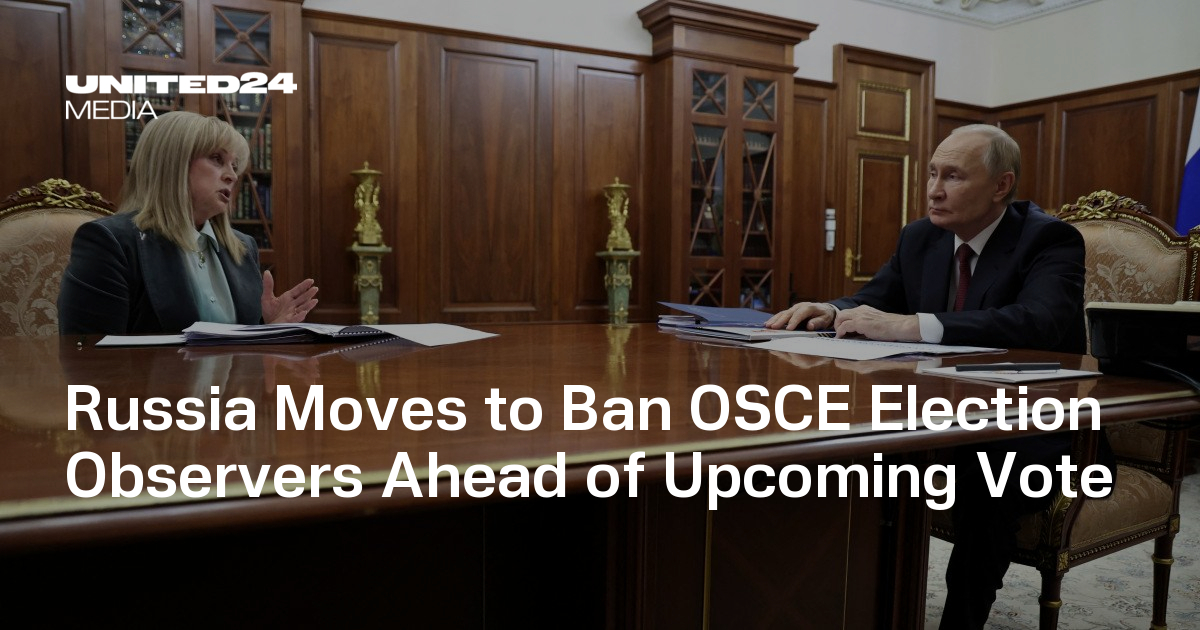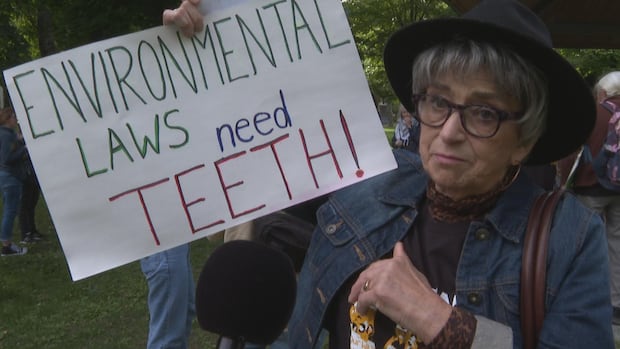Moldova Elections Face Russian Destabilization Efforts
As Moldova prepares for its parliamentary elections on September 28, it is facing a multi-faceted effort by Russia to destabilize the country and undermine its pro-Western trajectory. These operations involve violence, disinformation, and political interference aimed at derailing the vote and maintaining Moldova within Moscow's sphere of influence.
Violence and Paramilitary Training
Concerns are rising about potential violence orchestrated by Russian intelligence, with mercenaries trained in Serbia. U.S. citizens and nationals of NATO member states are advised to leave Chișinău and avoid large gatherings due to a high likelihood of terrorist attacks. Serbian authorities recently arrested individuals suspected of providing paramilitary-style training to Moldovan and Romanian nationals, allegedly preparing them to violently resist Moldovan police during election day riots. Moldovan police also detained 74 individuals as part of a Russia-backed plot to incite unrest, seizing passports, cash, and weapons.
Investigators say the plot was “coordinated from the Russian Federation, through criminal elements”.
Serbian Connection
The training, held in western Serbia between July and September 2025, involved instructors from Russia and Belarus at an ethno-tourism complex near Loznica. The suspects, identified as Lazar Popović and Savo Stevanović, have connections to pro-Kremlin networks in Serbia. Popović, a former advisor to a pro-Kremlin Serbian minister, and Stevanović, a former member of that minister's party, suggest collusion by individuals within Serbia’s power structure. Trainees reportedly entered Serbia under the guise of Orthodox pilgrimages before being recruited for training.
Disinformation Campaigns
Russia's influence operations extend to widespread disinformation campaigns on social media, vote buying, and orchestrated street protests. President Maia Sandu cautioned that "the Kremlin is pouring hundreds of millions of euros to buy hundreds of thousands of votes" in Moldova. Mass disinformation campaigns using fake accounts and AI-generated content are targeting Moldovan citizens on platforms like TikTok and Telegram. The campaign, dubbed "Matryoshka," promotes false claims, including allegations that President Sandu embezzled funds and is addicted to drugs.
Political Proxies and Interference
Moscow-linked oligarch Ilan Shor, sanctioned by the U.S. and EU, has offered Moldovans financial incentives to participate in anti-government protests. Shor's networks are implicated in recruiting participants for demonstrations. Former President Igor Dodon, co-leader of the pro-Russian Patriotic Electoral Bloc, denies involvement in the unrest but his supporters were among those arrested. Russia’s ambassador to Moldova, Oleg Ozerov, has issued veiled threats regarding Moldova's neutrality and territorial integrity.
Strategic Objectives
The Kremlin's strategic objective is to undermine Moldova's Western trajectory and maintain its influence. Derailing EU/NATO integration, maintaining a sphere of influence, delegitimizing democratic processes, and distracting Western support are key goals. By fomenting instability, Russia aims to prevent Moldova from firmly aligning with Euro-Atlantic institutions.
Serbia's Role
The use of Serbian territory as a training site raises questions about Serbia’s role. Pro-Russian elements operate relatively freely in Serbia. Serbian security services eventually intervened, arresting the organizers in coordination with Moldovan intelligence. Opposition figures in Serbia have voiced concern that the state may have turned a blind eye to these activities, even though Serbian authorities have pledged to cooperate with the investigation.
Implications for Stability
The uncovered plot highlights a persistent vulnerability, but the swift action by Moldovan and Serbian authorities averted an immediate crisis. The incident underscores the need for continued vigilance and security assistance to counter ongoing subversion efforts. The EU and NATO have a vested interest in Moldova’s stability. Western agencies will likely increase intelligence-sharing and capacity-building with Moldova to prevent future plots. The European Commission has inquired about how the training in Serbia was possible without detection, signaling increased scrutiny on Belgrade’s actions.
Involved Moldovan Actors
Multiple Moldovan political actors have been implicated or affected by this plot and Russia’s broader interference campaign. These include Ilan Shor and his network, Igor Dodon and the Patriotic Bloc, and pro-Russian areas like Gagauzia. The inclusion of Romanian nationals among the trainees suggests involvement of fringe actors from Romania sympathetic to Russia. The individuals detained appear to be largely from pro-Russian political circles or financially motivated recruits, orchestrated by Kremlin-linked agents.
The Role of Disinformation
The election is occurring amidst an "unprecedented" Russian disinformation campaign that leverages social media to reach citizens. Traditional media outlets in Moldova face financial struggles and competition from sophisticated online propaganda. Constantin Uzdrish of TVR Moldova highlights how Russia shifted from traditional television to platforms like TikTok and Telegram to spread its narratives. Nicolae Mocanu, TVR Moldova’s director, confirms the unprecedented nature of the current interference with the rise of AI-generated misinformation.
Telegram Bot Networks
Analysis of Moldovan Telegram channels has uncovered pro-Kremlin bot networks seeking to influence voter behavior. These bots attack President Maia Sandu and the ruling party, discredit elections, and call for protests. Many of these bots are also active in Russian and Ukrainian Telegram channels, suggesting their "factories" are not local. Pro-Kremlin channels often amplify messages that portray Sandu as a dictator. These bots also target the election with allegations of widespread fraud.
Future of Moldova
Despite the challenges, the thwarting of the Russian-tied plot is a positive development for regional stability. Continued vigilance, support for democratic institutions, and international cooperation are essential to ensure Moldova can pursue its chosen European path. The strategic contest for Moldova’s future is far from over, and Russia's influence networks will likely regroup and adapt.
 Visit the website
Visit the website

